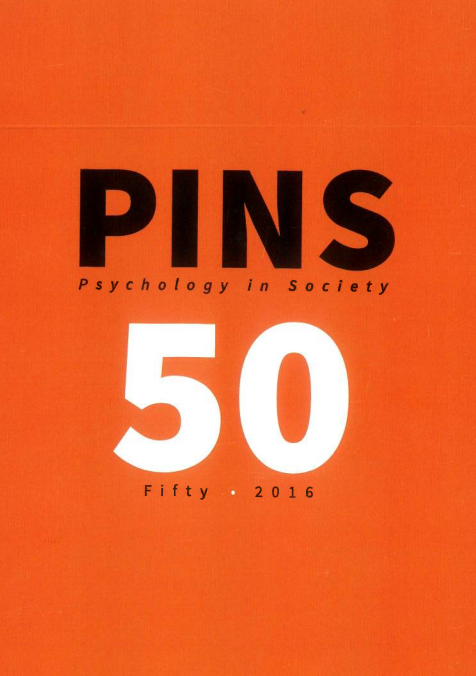“To whom does the land belong?”: Mogobe Bernard Ramose talks to Derek Hook
DOI:
https://doi.org/10.17159/2309-8708/2016/n50a5Abstract
Mogobe Bernard Ramose is an extraordinus professor of philosophy at the University of South Africa’s department of Philosophy, Practical and Systematic Theology. Much of his theoretical work and writing has followed Sobukwe’s political thinking, certainly inasmuch as it foregrounds the Pan-Africanist Congress’s slogan “Izwe Lethu” (“Our land”) as a crucial point in contemporary debates about social and historical justice. This insistence on the sovereignty of the African people has proved foundational to Ramose’s philosophical and legal theorising. A focus of Ramose’s work is ubuntu, the Nguni concept in which philosophy, ontology and ethics are thought together in a holistic approach to human-ness. Ramose’s understanding of justice as balance and harmony demands the restoration of justice by reversing the dehumanizing consequences of colonial conquest and by eliminating racism. His work displays an unwavering commitment to questions of justice, politics, ethics, and truth. The fact that Pan-Africanist questions that emerged in the 1960s and 1970s are still relevant and pressing today, in 2016, demonstrates both the continued relevance of a figure like Sobukwe, and that outstanding questions of justice still pervade the contemporary South African social sphere. The importance of Ramose’s inclusion here in a consideration of the psychosocial discussion of Sobukwe’s legacy lies in his (Ramose’s) continued insistence on the role of justice, ethics and, crucially, the concrete issue of land dispossession in any elaboration of psychological or philosophical engagement with Black Consciousness or Pan-Africanist thinking. The attempt to confront, challenge and eradicate racism in the contemporary South African context means nothing, for Ramose and Sobukwe alike, if these issues are not absolutely prioritized.
Downloads
Downloads
Published
How to Cite
Issue
Section
License
This journal is an open access journal, and the authors' and journal should be properly acknowledged, when works are cited.
Authors may use the publishers version for teaching purposes, in books, theses, dissertations, conferences and conference papers.
A copy of the authors’ publishers version may also be hosted on the following websites:
- Non-commercial personal homepage or blog.
- Institutional webpage.
- Authors Institutional Repository.
The following notice should accompany such a posting on the website: “This is an electronic version of an article published in PINS, Volume XXX, number XXX, pages XXX–XXX”, DOI. Authors should also supply a hyperlink to the original paper or indicate where the original paper (http://www.journals.ac.za/index.php/pins) may be found.
Authors publishers version, affiliated with the Stellenbosch University will be automatically deposited in the University’s’ Institutional Repository SUNScholar.
Articles as a whole, may not be re-published with another journal.
The copyright of the article(s) lies with the author(s).
The copyright of the journal lies with PINS-psychology in Society.
The following license applies:
Attribution CC BY-NC-ND 4.0 - https://creativecommons.org/licenses/by-nc-nd/4.0/

